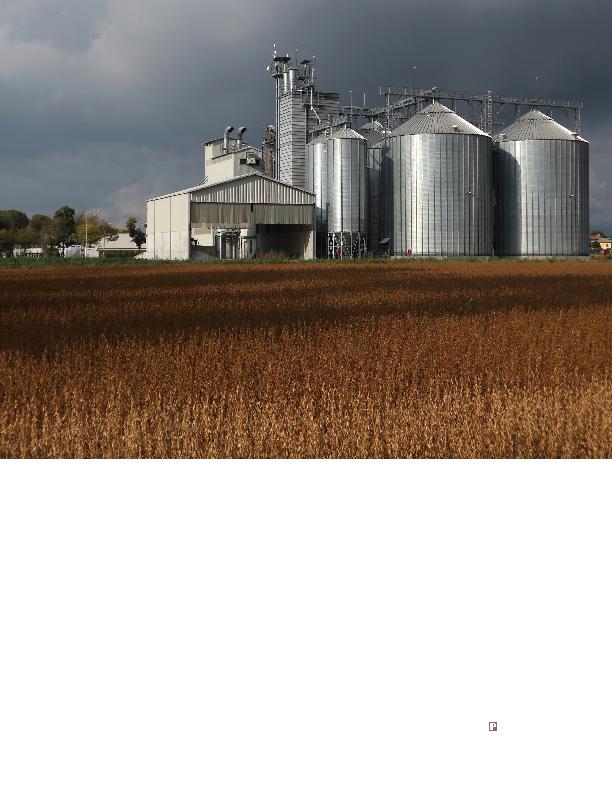
advise on regulatory compliance and offer
solutions for avoiding hefty fines and
penalties.
to stay out of the way, sometimes
participating in government programs,
such as crop insurance or disaster
relief, is beneficial. But what are the
responsibilities and potential pitfalls from
these programs? Are there any strings
attached? Attorneys assist in identifying
available programs, assessing the
downsides and ensuring compliance.
equipment? The answer is a developing
tracking devices and other agricultural
software may share your data with the
company that created it or others. If you're
concerned about who can access your
farm files, you should consult an attorney
before signing any technology agreements.
leasing is a lemon? Or what if shoddy
construction causes your new milking
parlor to leak during thunderstorms?
Attorneys are available to help mediate
these types of conflicts. Many times, we
can facilitate a reasonable agreement
between both sides without getting into
litigation. Bringing in an expert early can
alleviate costly downtime. It also makes
sure you're doing all the right things if you
eventually have to file a lawsuit.
sometimes on a daily basis. And while
not every contract needs reviewing by an
attorney, some do. For contracts involving
expensive purchases, multi-year deals or
big commitments, it doesn't hurt to have
a legal review. Attorneys can also help
negotiate contracts, possibly getting you
better terms.
Finding an attorney who regularly
advises farm clients can be a valuable
tool. Establishing a working relationship
with an attorney familiar with you and
your business allows them to efficiently
and quickly advise you. In the modern
age, a farm business must run as any other
sophisticated business. Legal advice can
save money and time the most precious
of all commodities.